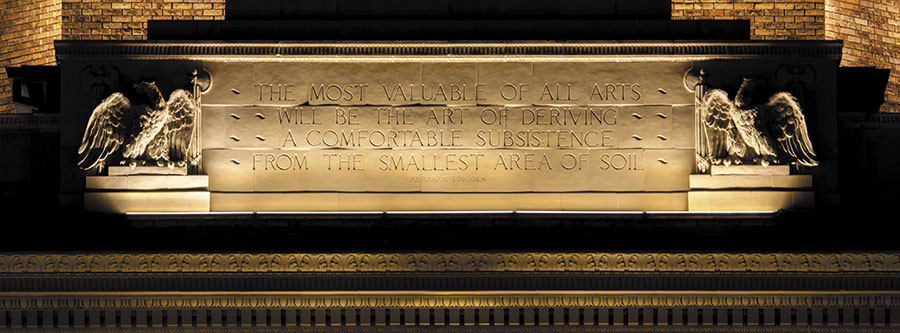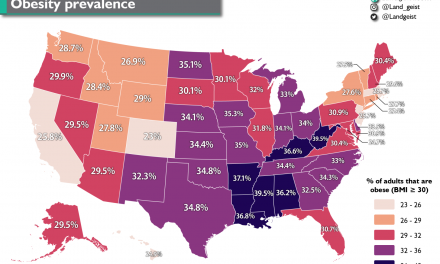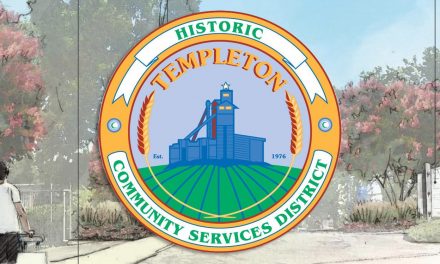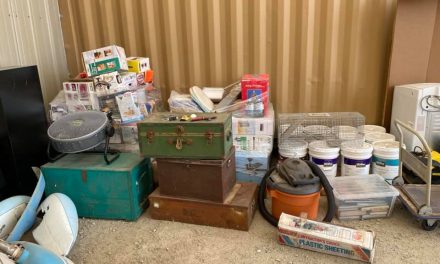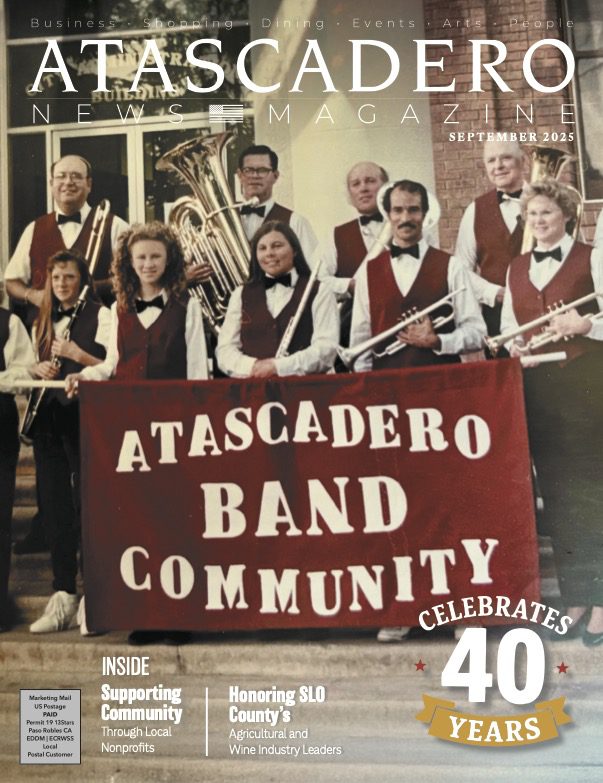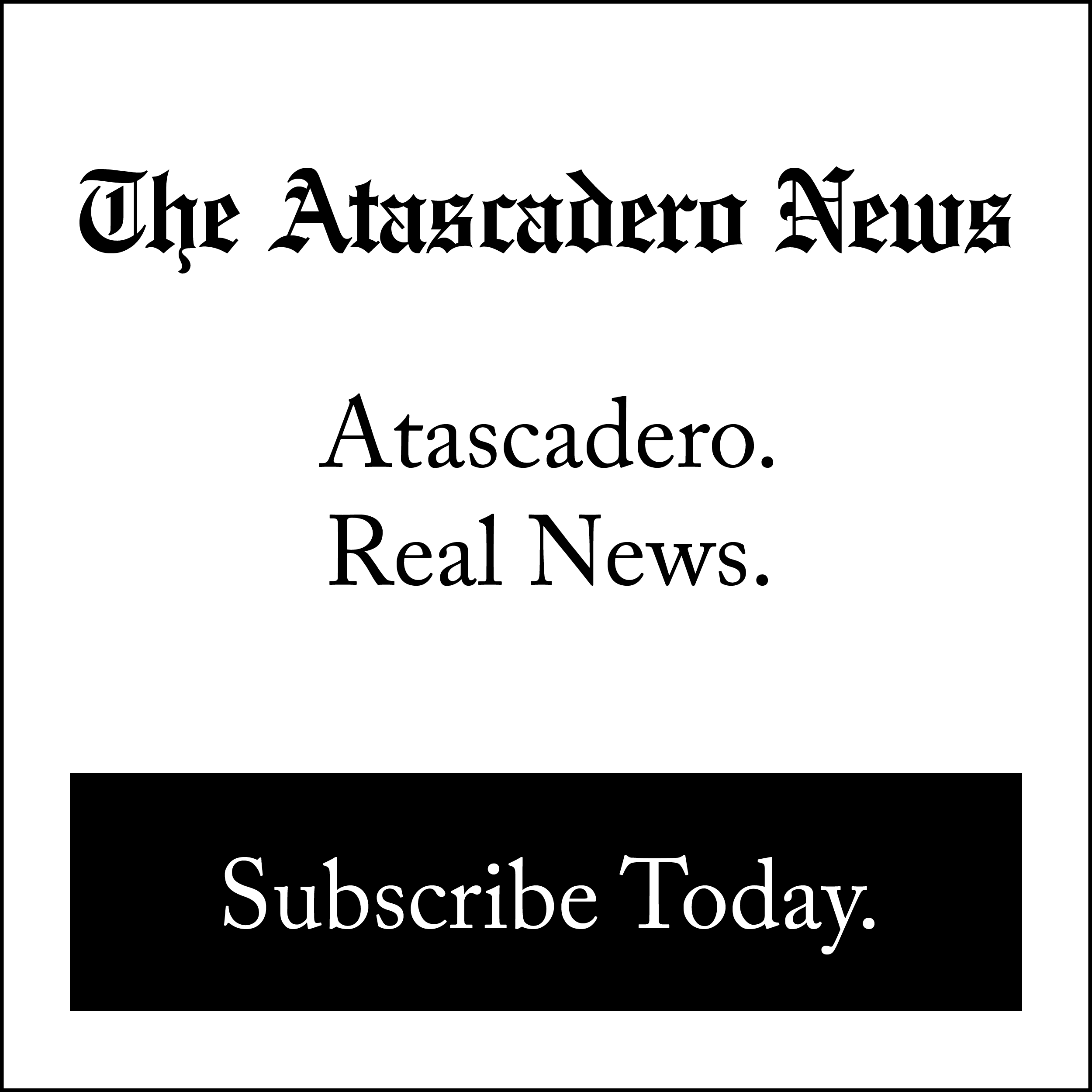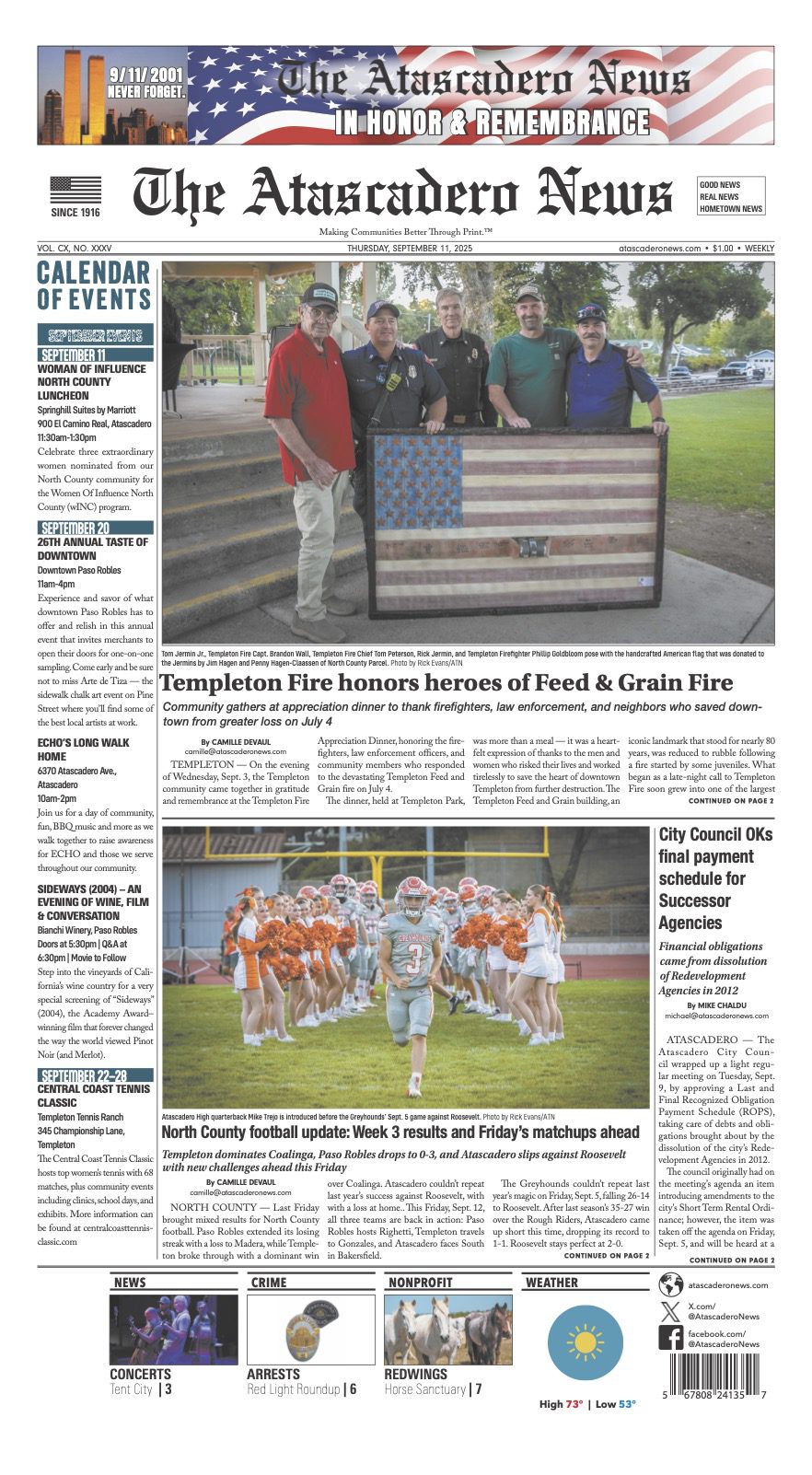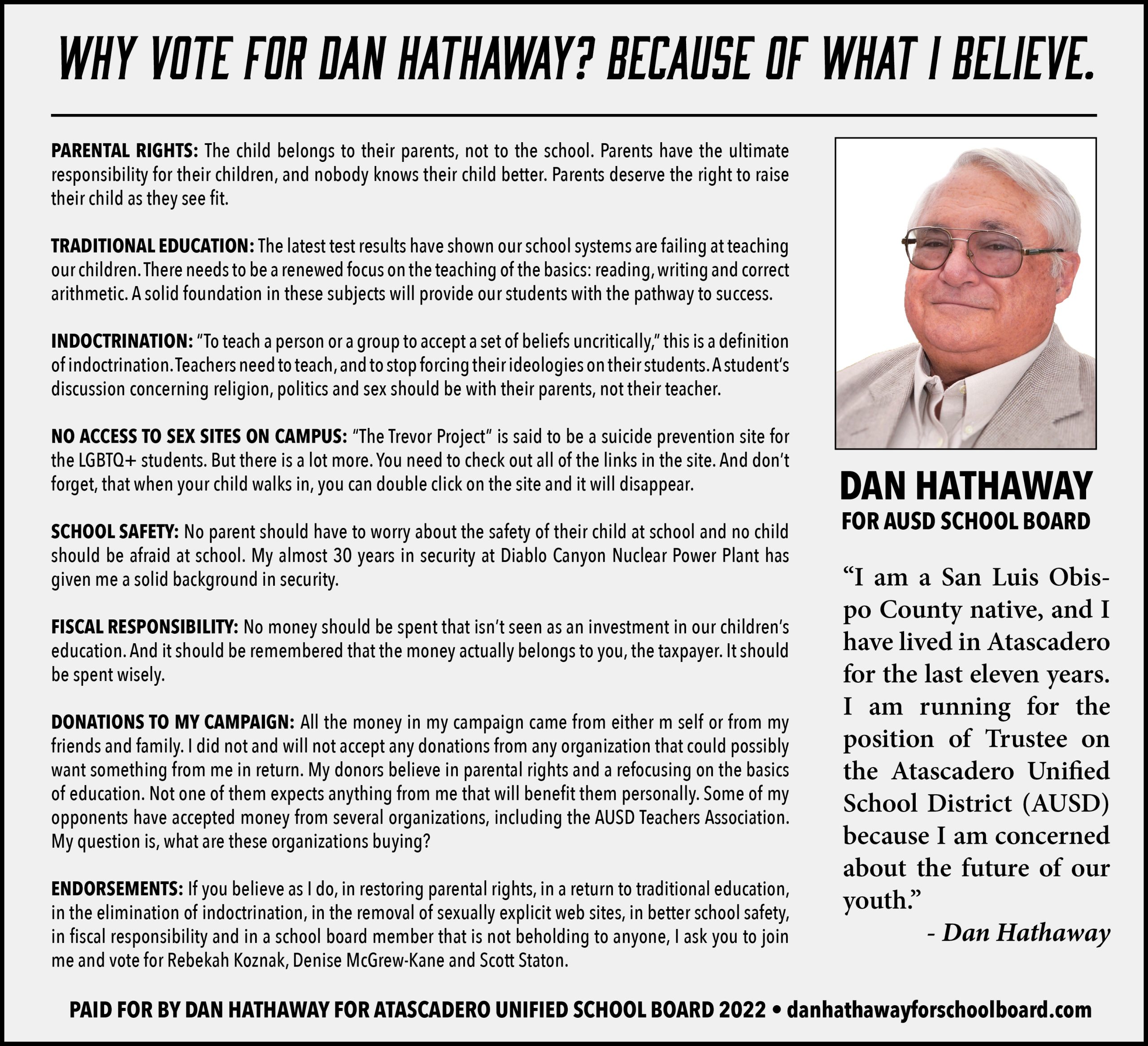In 1859, Abraham Lincoln addressed the Wisconsin fair, advocating for the art of agriculture and delivering the exact phrase still etched above the front door of the Atascadero Colony Administration Building in downtown Atascadero.
During the speech, Lincoln delivered that “The thought recurs that education — cultivated thought — can best be combined with agricultural labor … and ere long the most valuable of all arts, will be the art of deriving a comfortable subsistence from the smallest area of soil. No community whose every member possesses this art, can ever be the victim of oppression of any of its forms. Such community will be alike independent of crowned-kings, money-kings, and land-kings.”
Nested in that terrific statement — which was then nested within a speech which broadly appreciated agriculture while likening its practice to that of a “Free Labor” theory — was so profound to the heart of E.G. Lewis that while he dreamed of a utopia on the Central Coast, it drove him to raise the words above the majestic columns that still reflect the massive size of his dream for a new world within the New World.
“The most valuable of all arts will be that of deriving a comfortable subsistence from the smallest area of soil” was one of four rallying cries that has lived on for eight scores and nine years since it passed from the pen of Abraham Lincoln, to his voice. E.G. Lewis was born 10 years later, 1,000 miles away.
Our community, our city, the Mudhole, Lewis’ Colony, is awakening to itself and at times has looked itself in the mirror and gasped. What happened? This is not the master-planned community boasted about in the pages of Lewis’ bulletins. This is not a community focused on deriving a comfortable subsistence from the smallest area of soil by the means of independent agriculture and education. This is a community that has long slept comfortably as Los Angeles and San Francisco sprawled toward us, creeping quietly and far enough away as not to be heard. But that harvest fruit has gotten its deserved attention, and the shire is no longer hidden in the Middle-Earth world between the “Two Towers.”
Where do we go from here? Do we surrender the ideals that brought an entrepreneurial pioneer to establish this enclave for seekers, or do we dust off the blueprints that formed the mind that imagined this “Home Community” to be a place of both sanctity and labor that would produce a harvest that would so honor those cherished words now standing above the town center for 100 years?
Lincoln continued “Free Labor argues that, as the Author of man makes every individual with one head and one pair of hands, it was probably intended that heads and hands should cooperate as friends; and that particular head, should direct and control that particular pair of hands. As each man has one mouth to be fed, and one pair of hands to furnish food, it was probably intended that particular pair of hands should feed that particular mouth — that each head is the natural guardian, director, and protector of the hands and mouth inseparably connected with it; and that being so, every head should be cultivated, and improved, by whatever will add to its capacity for performing its charge. In one word Free Labor insists on universal education.”
As we begin our celebration of Colony Days and Tent City of 1916, let us ruminate for a moment on the seeds that were planted in those early days of this home to us all, and remember that while we have matured in our sensibilities, there is a tangible power of establishment that still bears fruit for us today in this small town.
Nothing more clearly represents the return to those roots than the reclaiming, rehabilitating, and repurposing of the Atascadero Press Building, also known as the “Printery.” As it was a haven for the written word, and a beacon for the pioneers who traveled thousands of miles to live in tents among new friends here 100 years ago. The restoration of the temple of the press can be no more valuable at any other time in history than it is right now.
Just as Abraham Lincoln passed on words to his posterity, and just as Thomas Fuller gave the phrase “Do something worth writing, or write something worth reading” to Benjamin Franklin, who in-turn wrote it down for my eyes and heart to find, our words and actions will forever shape the course of history in some small or great way.
I encourage you, yay I challenge you, to make the Press Building a beacon of hope for those seeking truth, that a community can overcome all differences in the name of high ideals that should one day be emblazoned in new stone for all who visit our city to see — that our spirit is uninhibited, and our goals are attainable.

